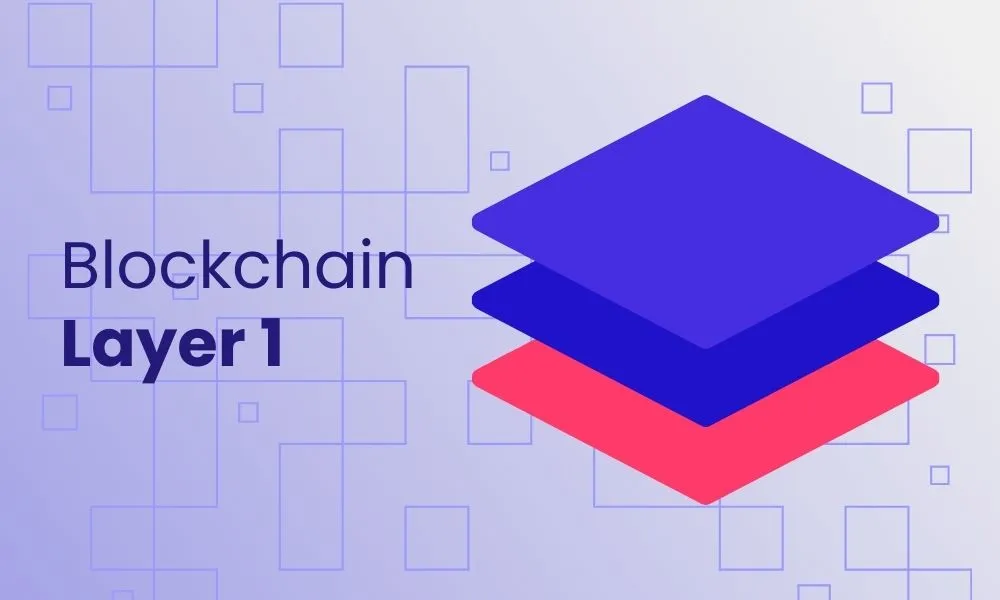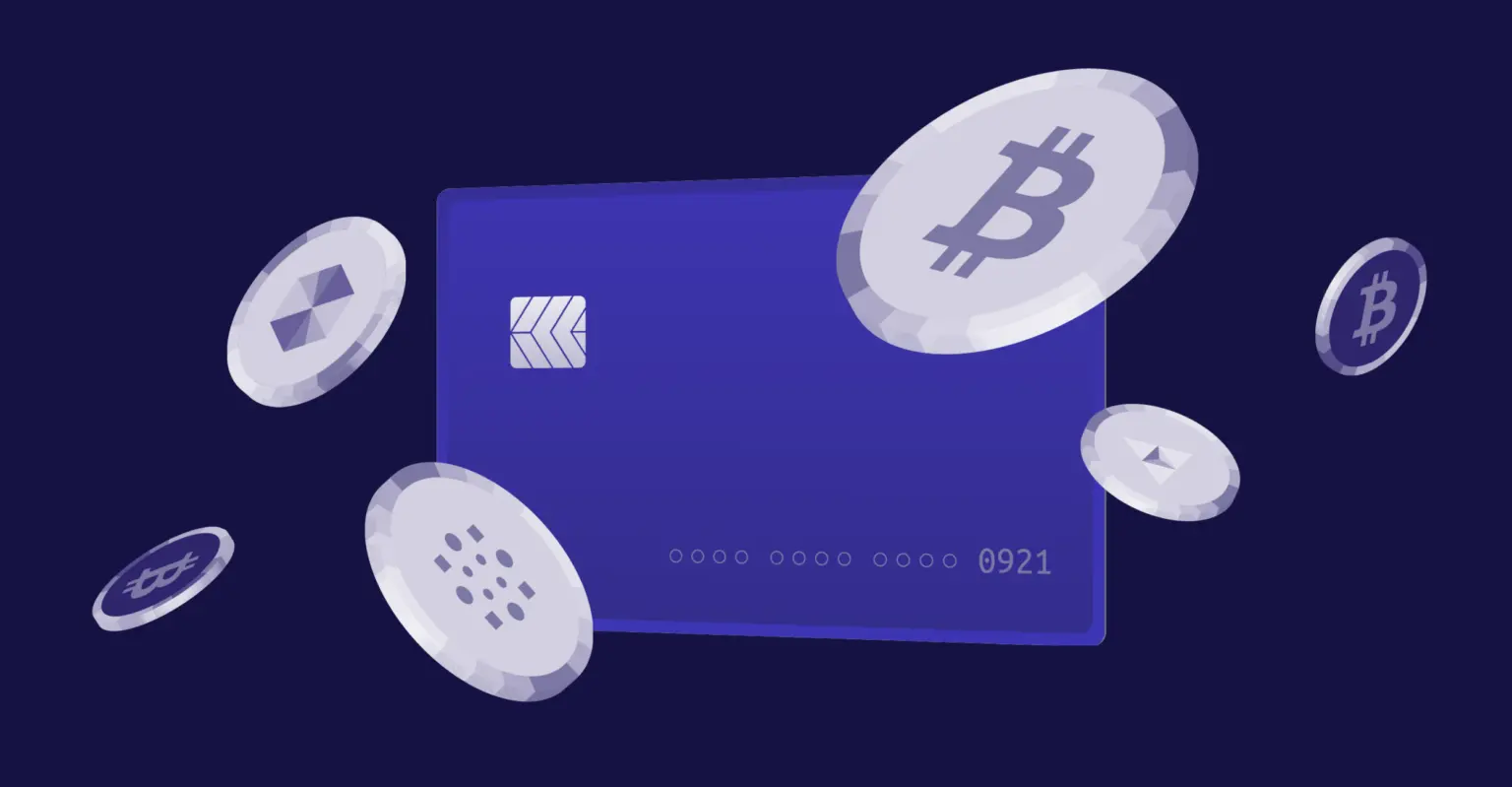DeFi Governance Tokens Guide: Voting, Earning, and Protocol Rewards

DeFi governance tokens provide voting rights in protocol decisions while enabling holders to earn rewards through staking, fee sharing, and participation in decentralized governance systems.
Most crypto investors treat governance tokens like any other speculative asset - they buy hoping for price appreciation without understanding or using their actual utility. This approach misses the fundamental value proposition that makes governance tokens unique.
Governance tokens represent ownership stakes in decentralized protocols, similar to corporate stock but with more direct control and participation opportunities. Smart governance token holders actively participate in protocol development while earning rewards for their involvement.
The difference between passive holding and active governance participation can be substantial. Active participants often earn additional rewards, gain early access to opportunities, and help shape protocols in ways that enhance their investment value.
This isn't just about voting on proposals - it's about understanding how decentralized governance works, how to evaluate governance decisions, and how to maximize returns through strategic participation in protocol development.
Professional DeFi investors use governance tokens as both investment vehicles and tools for influencing the protocols they use, creating compound benefits from ownership and participation.
After learning about DeFi protocols fundamentals and protocol selection strategies, understanding governance tokens becomes essential for maximizing DeFi investment returns.
Governance Token Fundamentals
Governance tokens represent a new form of digital ownership that combines investment value with active participation in decentralized organizations.
What Are Governance Tokens
Ownership Representation: Governance tokens represent proportional ownership stakes in DeFi protocols, similar to corporate shares but with more direct control mechanisms.
Voting Rights: Token holders can vote on protocol changes, parameter adjustments, treasury allocation, and strategic decisions affecting protocol development.
Economic Benefits: Many governance tokens provide economic benefits including fee sharing, staking rewards, and access to protocol revenue streams.
Decentralized Autonomy: Governance tokens enable truly decentralized organizations where community members rather than centralized teams make key decisions.
Innovation Incentives: Token-based governance creates incentives for community innovation and contribution to protocol development.
How Governance Systems Work
Proposal Process: Community members or core teams submit governance proposals for protocol changes, improvements, or strategic decisions.
Discussion Period: Proposals typically have discussion periods where community members debate merits, risks, and implementation details.
Voting Mechanisms: Various voting mechanisms including simple majority, quorum requirements, and weighted voting based on token holdings.
Implementation Timeline: Approved proposals often have implementation delays to allow community review and preparation for changes.
Emergency Procedures: Most protocols have emergency procedures for critical security issues that may bypass normal governance timelines.
Token Distribution Models
Fair Launch: Some protocols distribute tokens broadly through community participation rather than concentrated sales to early investors.
Liquidity Mining: Token distribution through providing liquidity or using protocol services, rewarding actual usage rather than just financial investment.
Team and Investor Allocation: Traditional allocation models with portions reserved for development teams and early investors, often with vesting schedules.
Treasury Reserves: Protocol treasuries that hold tokens for ongoing development funding, community rewards, and strategic initiatives.
Continuous Distribution: Ongoing token distribution mechanisms that reward continued participation and protocol usage.
Major Governance Token Categories
Different types of DeFi protocols have developed distinct approaches to governance token design and implementation.
Exchange Protocol Tokens
Trading Fee Sharing: DEX governance tokens often share trading fees with holders, providing direct revenue participation.
Liquidity Incentives: Token rewards for providing liquidity to trading pools, bootstrapping protocol liquidity and user adoption.
Protocol Upgrades: Voting on new features, fee structures, and trading pair additions that affect protocol competitiveness.
Treasury Management: Decisions about protocol treasury allocation, marketing spending, and strategic partnerships.
Example Protocols: Uniswap (UNI), SushiSwap (SUSHI), and other DEX protocols with different governance approaches and reward mechanisms.
Lending Protocol Governance
Interest Rate Models: Voting on interest rate algorithms and parameters that affect borrowing costs and lending returns.
Collateral Assets: Decisions about which assets can be used as collateral and their associated risk parameters.
Liquidation Parameters: Setting liquidation thresholds and penalties that balance borrower protection with lender security.
Safety Modules: Staking governance tokens to provide protocol insurance and earn additional rewards for risk-taking.
Example Protocols: Aave (AAVE), Compound (COMP), and MakerDAO (MKR) with different governance structures and token utilities.
Yield Optimization Tokens
Strategy Selection: Voting on which yield farming strategies protocols should implement and manage for users.
Fee Structures: Decisions about management fees and performance fees charged to users for automated yield optimization.
Risk Management: Setting risk parameters for automated strategies including maximum allocations and risk limits.
Partnership Approvals: Voting on strategic partnerships and integrations that affect protocol capabilities and opportunities.
Example Protocols: Yearn Finance (YFI), Convex Finance (CVX), and other yield optimization platforms with governance-driven development.
Earning Strategies with Governance Tokens
Governance tokens offer multiple ways to generate returns beyond simple price appreciation.
Staking and Delegation
Direct Staking: Many protocols allow token holders to stake their governance tokens to earn additional rewards and increase voting power.
Delegation Services: Token holders can delegate voting power to experienced governance participants while maintaining token ownership and rewards.
Validator Participation: Some protocols enable governance token holders to participate in network validation for additional rewards.
Lock-Up Incentives: Enhanced rewards for longer-term token lock-ups that demonstrate commitment to protocol success.
Slashing Risks: Understanding potential penalties for staking in protocols with slashing mechanisms for malicious behavior.
Fee Sharing and Revenue Participation
Protocol Revenue: Direct sharing of protocol fees and revenue with governance token holders based on holdings or staking participation.
Buyback Programs: Protocols using revenue to buy back tokens from the market, reducing supply and potentially increasing token value.
Dividend-Like Distributions: Regular distributions of protocol revenue to token holders, similar to corporate dividend payments.
Treasury Yields: Earning returns on protocol treasury investments that are shared with governance token holders.
Special Distributions: Occasional special distributions from protocol success, partnerships, or extraordinary revenue events.
Governance Participation Rewards
Voting Rewards: Additional token rewards for participating in governance votes and maintaining active involvement in protocol decisions.
Proposal Rewards: Incentives for submitting successful governance proposals that improve protocol functionality or adoption.
Committee Participation: Rewards for serving on governance committees or working groups that handle specialized protocol functions.
Ambassador Programs: Compensation for representing protocols in community outreach, education, and ecosystem development.
Developer Grants: Funding opportunities for technical contributors who build on or improve protocol infrastructure.
Governance Participation Strategies
Effective governance participation requires understanding protocol dynamics and developing systematic approaches to decision-making.
Proposal Evaluation Framework
Technical Assessment: Evaluating the technical feasibility and security implications of proposed protocol changes.
Economic Impact: Understanding how proposals affect protocol economics, token value, and user incentives.
Community Sentiment: Gauging community support and opposition to proposals through discussion and preliminary voting.
Implementation Risk: Assessing risks associated with implementing proposed changes including potential unintended consequences.
Strategic Alignment: Evaluating whether proposals align with protocol long-term strategy and competitive positioning.
Voting Strategy Development
Informed Participation: Thoroughly researching proposals and their implications rather than voting based on limited information.
Stakeholder Balance: Considering impacts on different protocol stakeholders including users, developers, and token holders.
Long-Term Perspective: Voting based on long-term protocol success rather than short-term token price impacts.
Risk Management: Opposing proposals that increase protocol risks beyond acceptable levels regardless of potential benefits.
Community Collaboration: Coordinating with other governance participants to support beneficial proposals and oppose harmful ones.
Delegation Considerations
Delegate Selection: Choosing delegates based on governance track record, alignment with your interests, and active participation.
Performance Monitoring: Regularly monitoring delegate voting behavior and changing delegation if performance doesn't meet expectations.
Partial Delegation: Using partial delegation to maintain some direct voting power while benefiting from delegate expertise.
Delegate Communication: Engaging with delegates to provide input on important votes and understand their decision-making rationale.
Revocation Rights: Understanding how to revoke delegation if delegate behavior becomes inconsistent with your preferences.
Risk Management for Governance Tokens
Governance tokens involve unique risks that require specialized understanding and management approaches.
Governance Attack Risks
Vote Buying: Risks from large holders or external parties purchasing voting power to push through malicious proposals.
Governance Capture: Concentration of voting power among small groups that may not represent broader community interests.
Flash Loan Attacks: Using borrowed tokens to temporarily gain voting power for malicious governance proposals.
Proposal Manipulation: Misleading or deceptive proposals designed to benefit specific parties at community expense.
Emergency Exploitation: Abuse of emergency governance mechanisms to make unauthorized changes to protocols.
Token Economic Risks
Inflation Pressure: High token inflation from governance rewards that may outpace demand and pressure token prices.
Utility Reduction: Changes to governance structures that reduce token utility and value accrual mechanisms.
Competition Effects: New governance tokens or protocols that provide better utility and draw users away from existing tokens.
Regulatory Risks: Potential regulatory treatment of governance tokens as securities or other regulated financial instruments.
Market Correlation: High correlation with broader crypto markets that reduces diversification benefits.
Participation Risks
Slashing Penalties: Potential penalties for staking in protocols with slashing mechanisms for validator misbehavior.
Lock-Up Risks: Inability to access tokens during lock-up periods even if market conditions change significantly.
Proposal Liability: Potential liability or reputation risks from supporting proposals that have negative consequences.
Time Investment: Significant time requirements for effective governance participation that may not be sustainable long-term.
Technical Complexity: Risk of making poor decisions due to insufficient understanding of complex technical proposals.
Advanced Governance Strategies
Sophisticated governance token strategies can enhance returns while contributing meaningfully to protocol development.
Multi-Protocol Governance
Portfolio Approach: Participating in governance across multiple protocols to diversify risks and opportunities.
Cross-Protocol Coordination: Understanding how governance decisions in one protocol affect others in your portfolio.
Sector Expertise: Developing expertise in specific DeFi sectors to make more informed governance decisions across related protocols.
Risk Correlation: Managing correlation risks when governance tokens in your portfolio face similar challenges or opportunities.
Resource Allocation: Efficiently allocating time and attention across multiple governance responsibilities.
Professional Governance Services
Governance-as-a-Service: Professional services that handle governance participation on behalf of token holders for fees.
Research Providers: Specialized research services that analyze governance proposals and provide voting recommendations.
Delegation Pools: Professionally managed delegation services that optimize governance participation for token holders.
Governance Tooling: Using professional tools and platforms that enhance governance decision-making and participation.
Community Coordination: Platforms and services that facilitate coordination among governance participants for better outcomes.
Strategic Token Accumulation
Governance Influence: Accumulating sufficient tokens to have meaningful influence on important governance decisions.
Voting Coalitions: Coordinating with other large holders to support beneficial proposals and oppose harmful ones.
Proposal Initiation: Building sufficient stake and community support to successfully propose and implement protocol improvements.
Long-Term Positioning: Strategic accumulation during favorable market conditions for enhanced governance influence during important decisions.
Exit Planning: Planning token sales around governance activities to maintain influence during critical decision periods.
Integration with Investment Strategy
Governance tokens should be integrated into broader investment strategies rather than treated as isolated speculative positions.
Portfolio Allocation: Determining appropriate allocation to governance tokens within broader DeFi and crypto portfolios.
Risk-Adjusted Returns: Evaluating governance token returns on a risk-adjusted basis including participation time and effort.
Strategic Diversification: Using governance tokens to gain exposure to different DeFi sectors and protocol types.
Rebalancing Considerations: Incorporating governance participation and lock-ups into portfolio rebalancing decisions.
Tax Implications: Understanding tax treatment of governance rewards, staking income, and voting participation.
Professional Integration: Working with investment advisors who understand governance token strategies and their integration with traditional investing.
Ready to master DeFi governance tokens for maximum returns? Decentralized Masters teaches the proven ABN System for strategic governance token investment and participation. Learn how governance strategies integrate with protocol fundamentals and selection methods for comprehensive DeFi investment success.
Frequently Asked Questions
How do I choose which governance tokens to invest in?
Evaluate based on protocol quality, governance structure, token utility, reward mechanisms, and alignment with your investment strategy.
Can governance tokens be considered securities?
Regulatory treatment varies by jurisdiction and specific token characteristics - consult legal professionals for specific situations.
What's the difference between governance tokens and utility tokens?
Governance tokens primarily provide voting rights and protocol ownership, while utility tokens are used to access services within protocols.
How do I evaluate governance proposals effectively?
Focus on technical feasibility, economic impact, community sentiment, and long-term strategic alignment with protocol goals.
Should I delegate my voting power or participate directly?
Delegation works well for busy investors, while direct participation provides more control and learning opportunities.
Can I lose money by participating in governance?
Yes, through slashing penalties, poor governance decisions, or opportunity costs from lock-ups during market movements.
How much time does governance participation require?
Active participation typically requires 2-5 hours monthly per protocol, though this varies based on proposal frequency and complexity.
Do I need to vote to earn governance token rewards?
Requirements vary by protocol - some require active voting while others only require staking or holding tokens for rewards.




